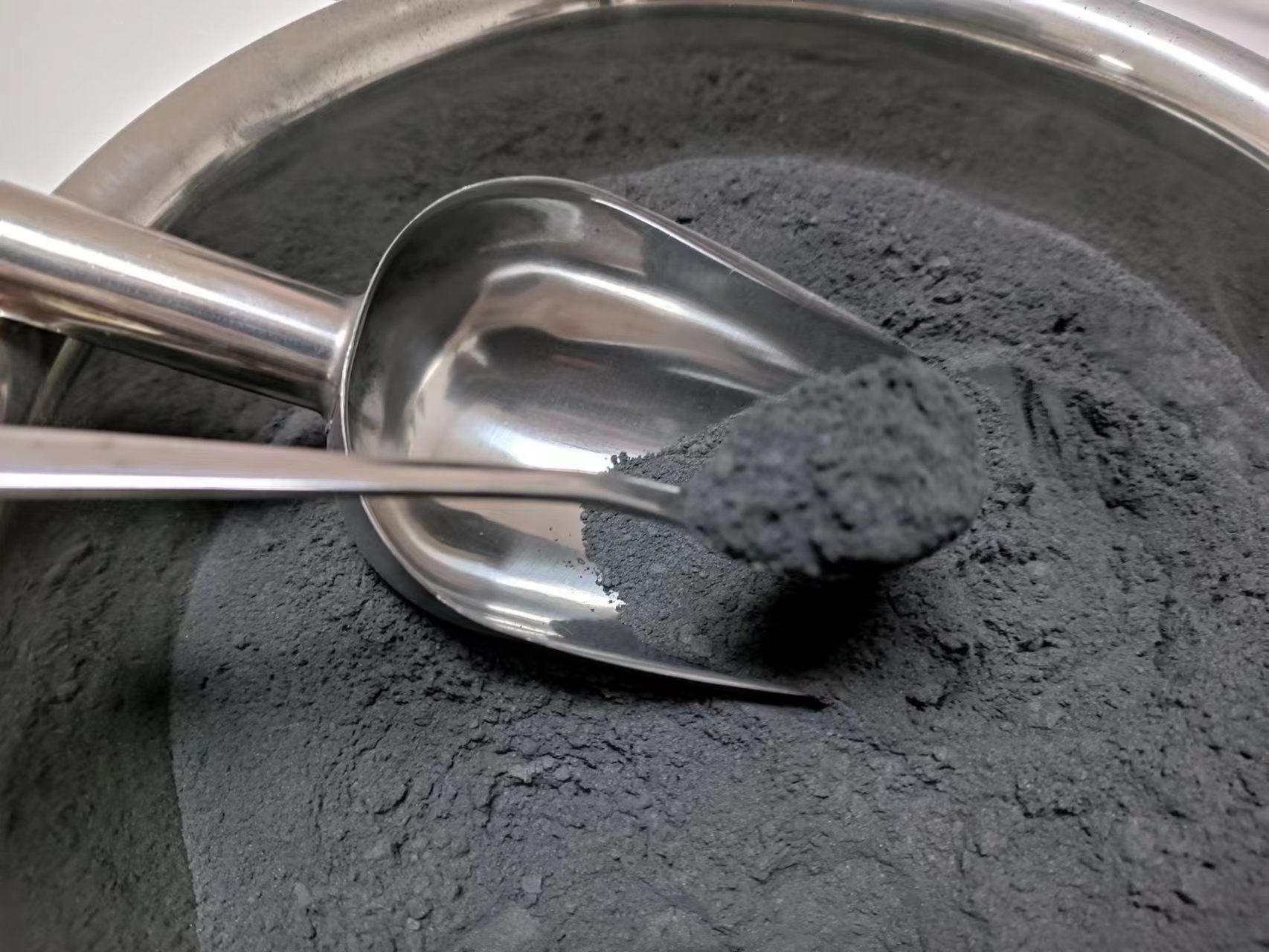In the intricate world of precious metal recycling, iridium stands out as a unique and valuable element. With its remarkable properties and limited availability, the recycling of iridium is not just a matter of economic interest but also an environmental concern.
Iridium, often used in high-tech applications like aerospace, automotive, and medical devices, is one of the rarest elements on Earth. This rarity translates to high market prices, making its recycling highly profitable. However, the process of recycling iridium is complex and challenging due to its robust chemical and physical properties.
The market prices for recycled iridium are influenced by several factors. Demand from industries like electronics, where iridium is used for its high melting point and resistance to corrosion, plays a significant role. Additionally, geopolitical factors and the limited number of mining sources worldwide affect its availability and price.
Environmental impact is a critical aspect of iridium recycling. Mining iridium is resource-intensive and can lead to significant ecological disruption. By recycling, we not only conserve this rare element but also reduce the environmental damage associated with its extraction. Advanced recycling methods are being developed to efficiently process iridium-rich scrap, minimizing waste and energy consumption.
Recycling iridium also supports the sustainability goals of various industries. As the global economy moves towards greener practices, the role of recycled iridium becomes increasingly important in manufacturing processes that minimize ecological footprints.
In conclusion, iridium recycling offers a fascinating glimpse into the balance between economic value and environmental responsibility. As technology advances and the demand for sustainable materials grows, the recycling of iridium will play an essential role in shaping a more responsible and efficient future in precious metal usage.
文章末尾固定信息



评论